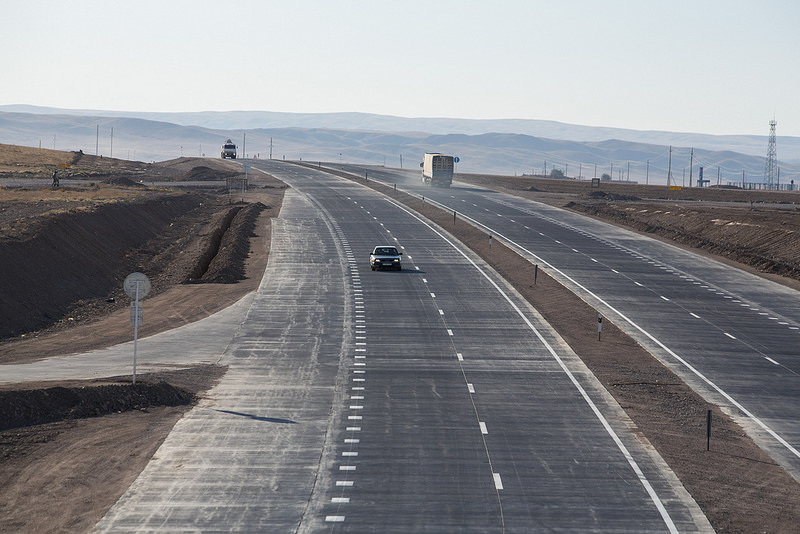| Few politicians win by promising higher taxes. Walter Mondale proved that so eloquently in 1984. So it was a little counter-intuitive to see so many mayors along the Wasatch Front lobby their county leaders this week to raise the sales tax. Lobby may not be the word. They were practically begging. Kids don’t volunteer to be grounded, just as adults don’t ask to be audited. Just what is going on here? |
| | Well … it gets easier to understand when you look a little closer. It doesn’t get any prettier, however. This tax hike is a bad idea. Earlier this year, the Legislature passed a bill that allows counties to raise sales taxes by a quarter of a cent to fund local transportation needs, including road repairs. But they can raise this tax only if voters give their approval. If you’re going to raise a tax, nothing beats letting taxpayers agree to it at the ballot box. They get the blame, not the politician. And if you’re going to choose a tax to raise, the sales tax is about as painless as they come. Years ago, I likened taxes to a meal. Income taxes are the meat, property taxes the vegetables, and sales tax the dessert. We indulge ourselves with dessert, just as we supposedly make the choice to pay sales taxes by choosing to buy things. Like most analogies, however, this one can be carried only so far. We generally don’t need dessert, but we do need many items that come with a sales tax. Raising it may be painless for politicians, but not for taxpayers. As I write this, 86 cities statewide either have passed resolutions in favor of this tax increase or are seriously considering do so. They would get 40 percent of the proceeds. But it’s a bad idea for three reasons. The first has to do with timing. A Salt Lake County ordinance expressly forbids a vote to raise the sales tax “on the same date as a municipal general election …” An exception can be made only by the vote of a two-thirds majority of the County Council. The reason for this has to do with voter interest and turnout. Typically, only about 20 percent of registered voters show up for an off-year election, when only municipal offices are on the ballot. That may change this year as many vote by mail, but no one knows for sure. When something as significant as a tax increase is being considered, it makes sense to involve as many voters as possible. The second reason has to do with the economy. The bill that allowed this tax hike estimated it could collect as much as $145.7 million if all counties adopted it. In a state of about 3 million people, that equals about $50 for every man, woman and child. That’s bad enough, but it isn’t the end of the story. Lawmaker raised the gas tax, which will begin collecting an extra $70 million or so in January. They also approved a $75 million increase in the statewide property tax. Washington, meanwhile, is considering hiking the federal gas tax. The list goes on. Each set of politicians concerns itself only with a piece of the pie. Sales tax may be just part of the meal, but the taxpayer is left with his or her just desserts. But the third reason is perhaps the most important. The sales tax has little connection with roads. Gas taxes were enacted as a sort of user fee, providing a separate fund for roads, fed by those who directly impact them. When road funding is mixed in with other taxes, accountability suffers. So do other programs that compete for revenue from those taxes. But as it turns out, gas taxes are becoming an ineffective way to fund roads. Drivers of hybrid, natural gas or all-electric vehicles either pay a pittance of the tax or skip it all together. Meanwhile, traditional cars are becoming more efficient. Lawmakers missed a chance this year to find a fairer way to fund roads, either through tolls on major highways or by taxing people according to the miles they drive, as Oregon is proposing. The mayors talk of a gap between what it costs to maintain local roads and how much money they have. The needs are real. But instead of turning to their already burdened residents, they should be demanding better solutions from state leaders. |


 RSS Feed
RSS Feed

